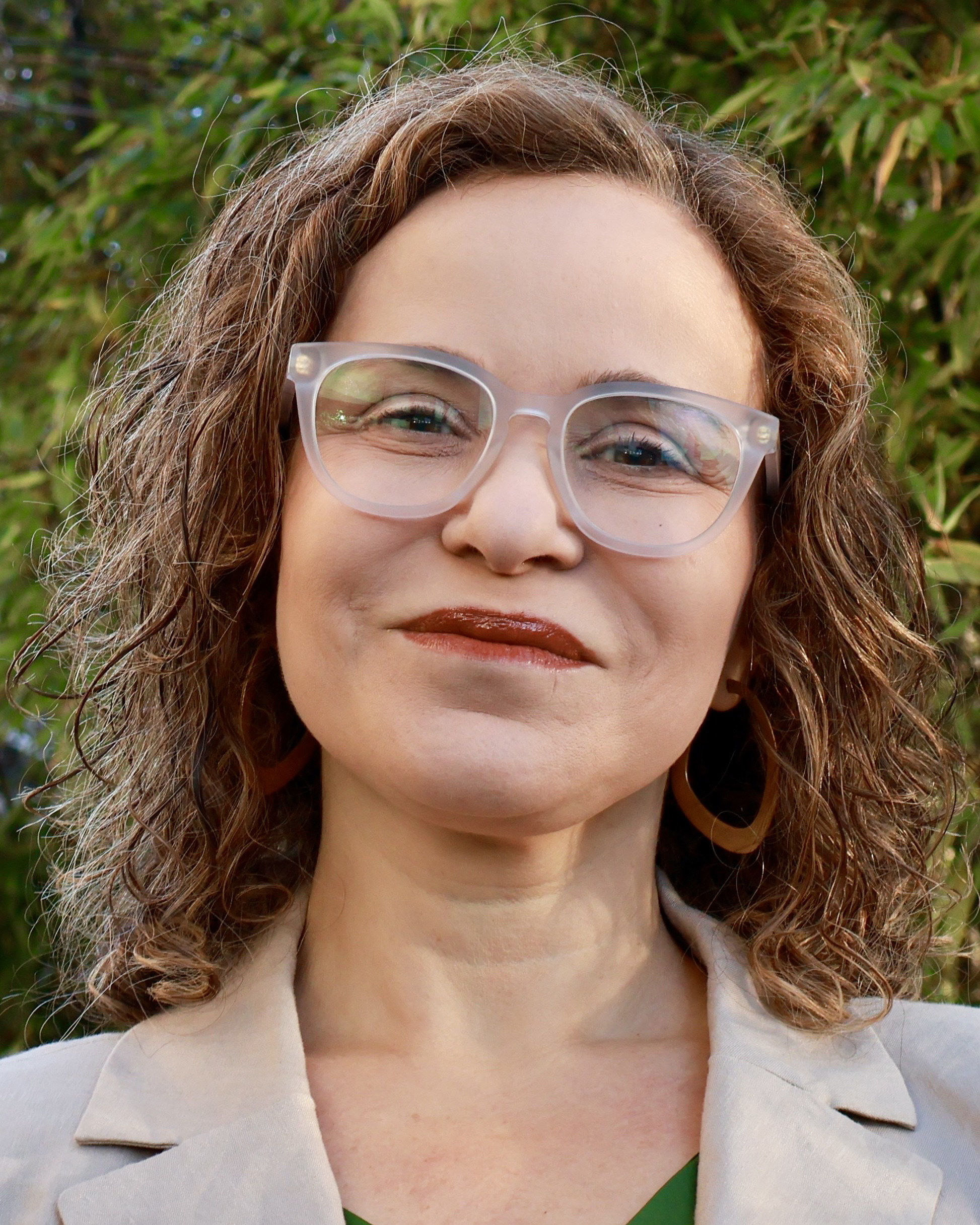Laura Baumvol
Research / Teaching Area
About
Dr. Laura Baumvol is a lecturer at the UBC School of Journalism, Writing, and Media. She has taught a range of discipline-specific communication courses, as well as research and academic writing courses in Canadian and international institutions for over fifteen years. Her research interests are scholarly knowledge production and dissemination in the disciplines; research-informed practices in teaching and learning; the role of languages in the internationalization of higher education; collaborative knowledge production and writing in the disciplines; decolonial and anti-racist writing pedagogies and assessment; and the integration of content and learning in higher education. She is an investigator in multiple research projects and has published papers and edited journals internationally. Laura was a recipient of the Emerging Leaders of America Scholarship (Global Affairs Canada) and advocates for the inclusion of multilingual scholars from geolinguistic regions in the global periphery into the scientific global arena and for an equitable and inclusive internationalization of higher education.
Teaching
Research
- Rhetorical Genre Theory
- WRDS (Writing Studies)
Publications
Recent Publications
Baumvol, L.K., Marengo, L., & Sarmento, S. (2023) Driving forces to adopt EMI: scholars’ perceived benefits of English medium teaching in Brazilian higher education. In: English for Academic Purposes: reflections, description & pedagogy: Zouk.
Zappa-Hollman, S., Ferreira, A., Sarmento, S., Matte, M., & Baumvol, L.K. (2023). Creating a local learner corpus: Insights on project design and data analysis from the pilot phase. In: English for Academic Purposes: reflections, description & pedagogy. Zouk.
Baumvol, L. K., Sarmento, S. & Fontes, A. (2021). Scholarly publication of top Brazilian researchers across disciplinary communities. Journal of English for Research Publication Purposes
Baumvol, L. K., Sarmento, S. (2019). The growing presence of language issues in internationalization conferences. In Finardi, Kyria. English in the South. EDUEL.
Baumvol, L.K. (Editor). (2019). Special Issue on Internationalization of Higher Education. SFU Educational Review Journal, 12(3)
Baumvol, L.K., Sarmento, S., & Martinez, R. (Editors). (2019). The role of languages in the Internationalization of Education. Organon, 66.
Baumvol, L. K., Sarmento, S. (2019). Can the use of English as a Medium of Instruction promote a more inclusive and equitable higher education in Brazil? SFU Educational Review Journal, 12 (2).
Awards
Emerging Leaders of America Scholarship Program awarded by Global Affairs Canada (2017).
Additional Description
Title: Popularization of Scientific Knowledge: From Scholarly Discourse to Popular Talk
In this section of WRDS 150, we will focus on how various disciplines, such as environmental sciences, health sciences, natural sciences, and computer science investigate and write about the communication of scholarly knowledge. This communication can involve the knowledge popularization to a broad, popular audience through a recontextualization process of text relocation from a primary scholarly context (e.g., academic journals) to a secondary popularized context (e.g., mass media, news media, magazines, YouTube, Twitter, blogs, Q&A websites, etc.). Considering advancements over time in the relationship between scholarly knowledge and discourse and “popular talk”, the traditional deficit model of science communication involving the “hierarchical transmission” from experts to a passive audience has been replaced by a model that includes a two-way interaction between the academic community and non-specialist audiences. This contemporary and democratic view of knowledge popularization allows for a reflective and dialogic communication between science and society and promotes empowerment, inclusion, and participation through the public engagement with science, working as a strategic alternative for social, educational, cultural, and economic development. The readings in the course, along with the individual and collaborative writing assignments and activities, will allow students to engage in scholarly conversations and explore multiple research genres and methods, types of data, and writing practices.
